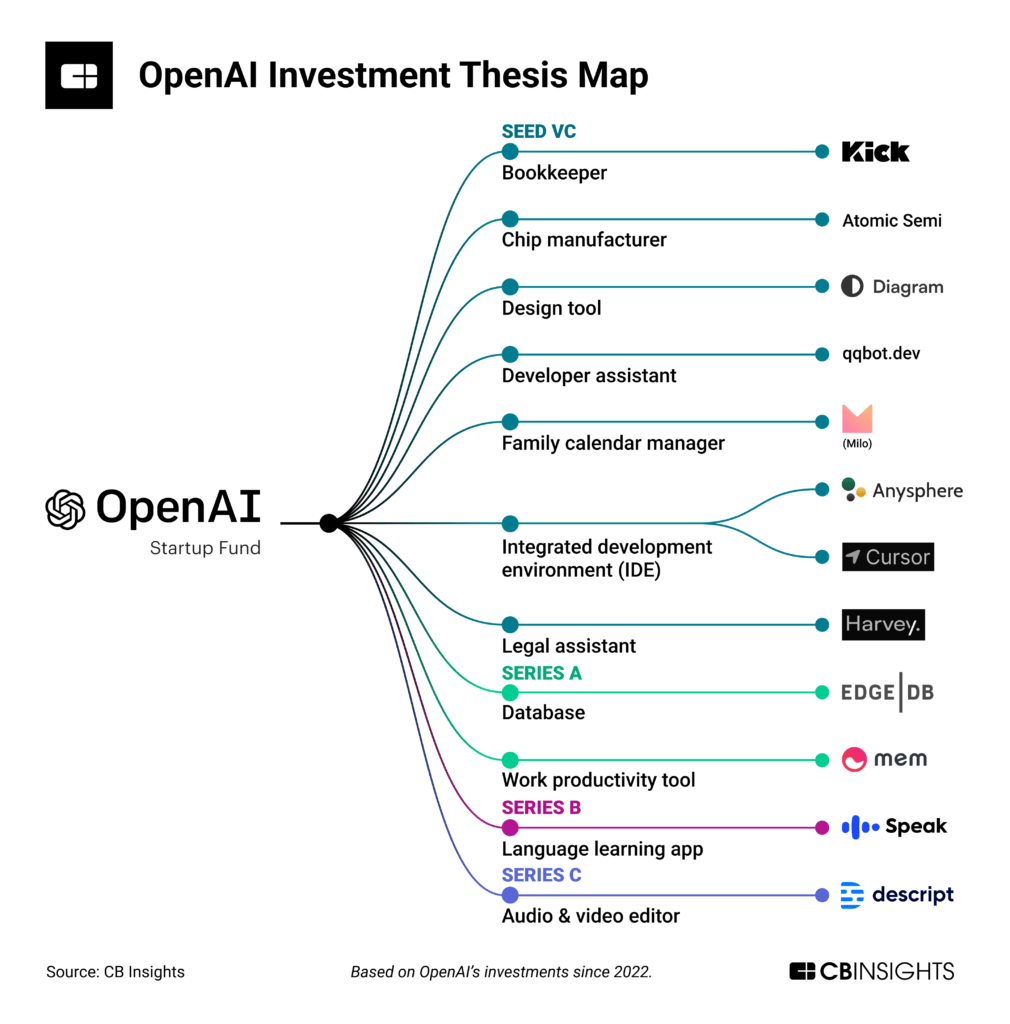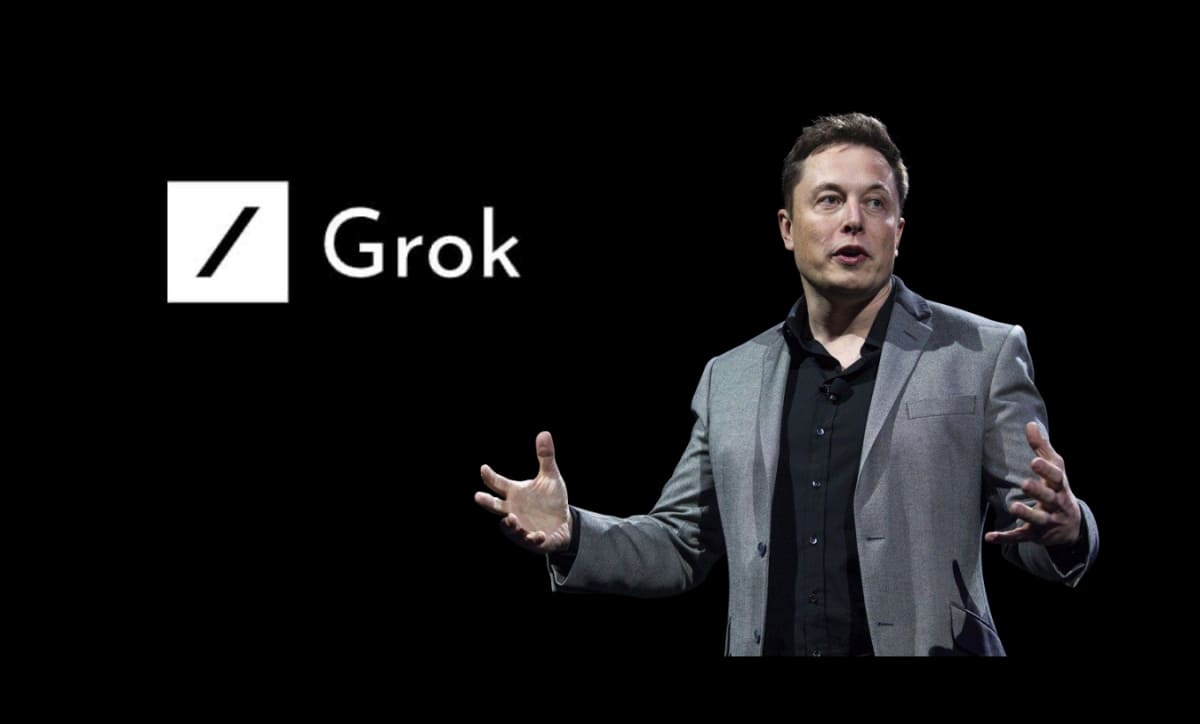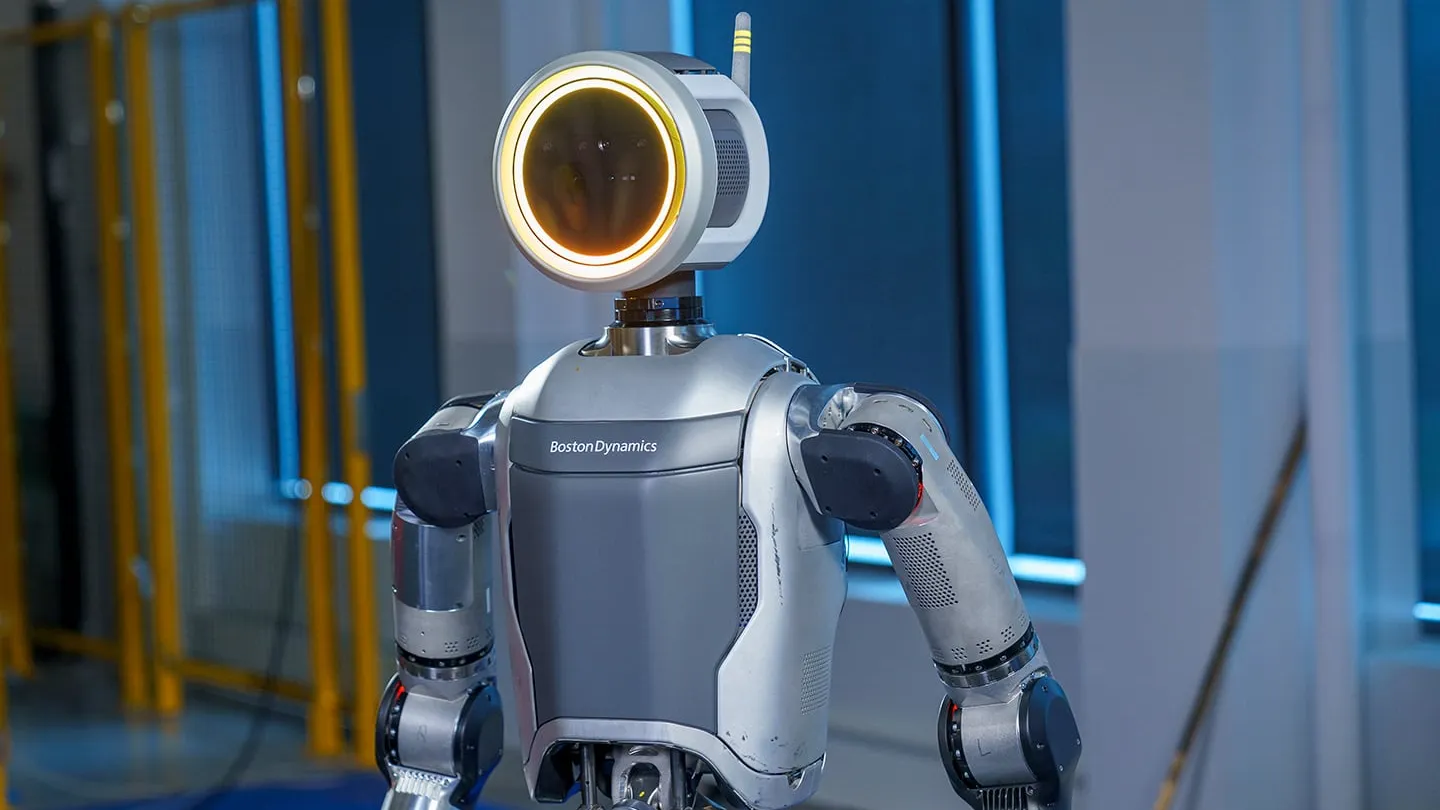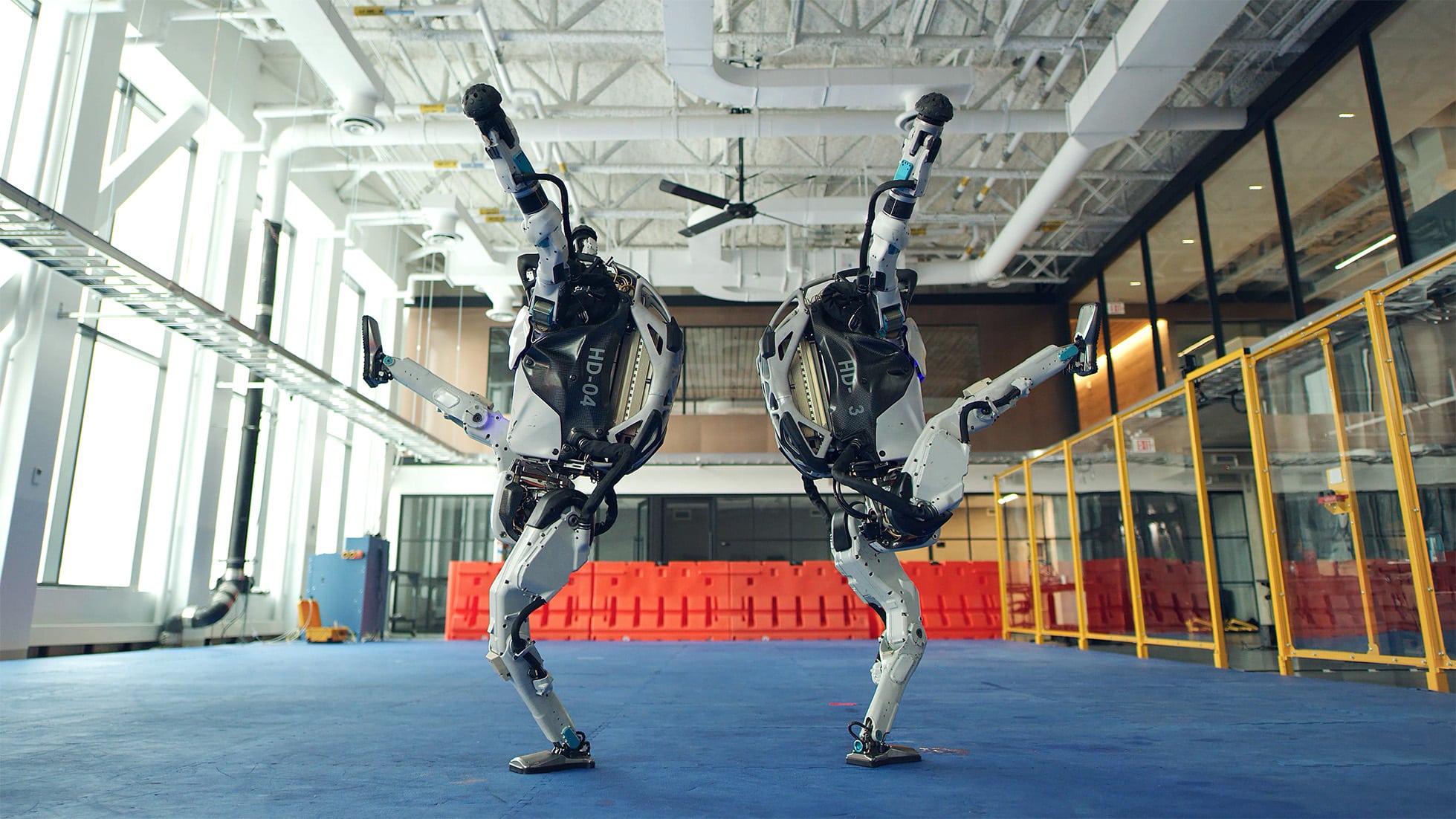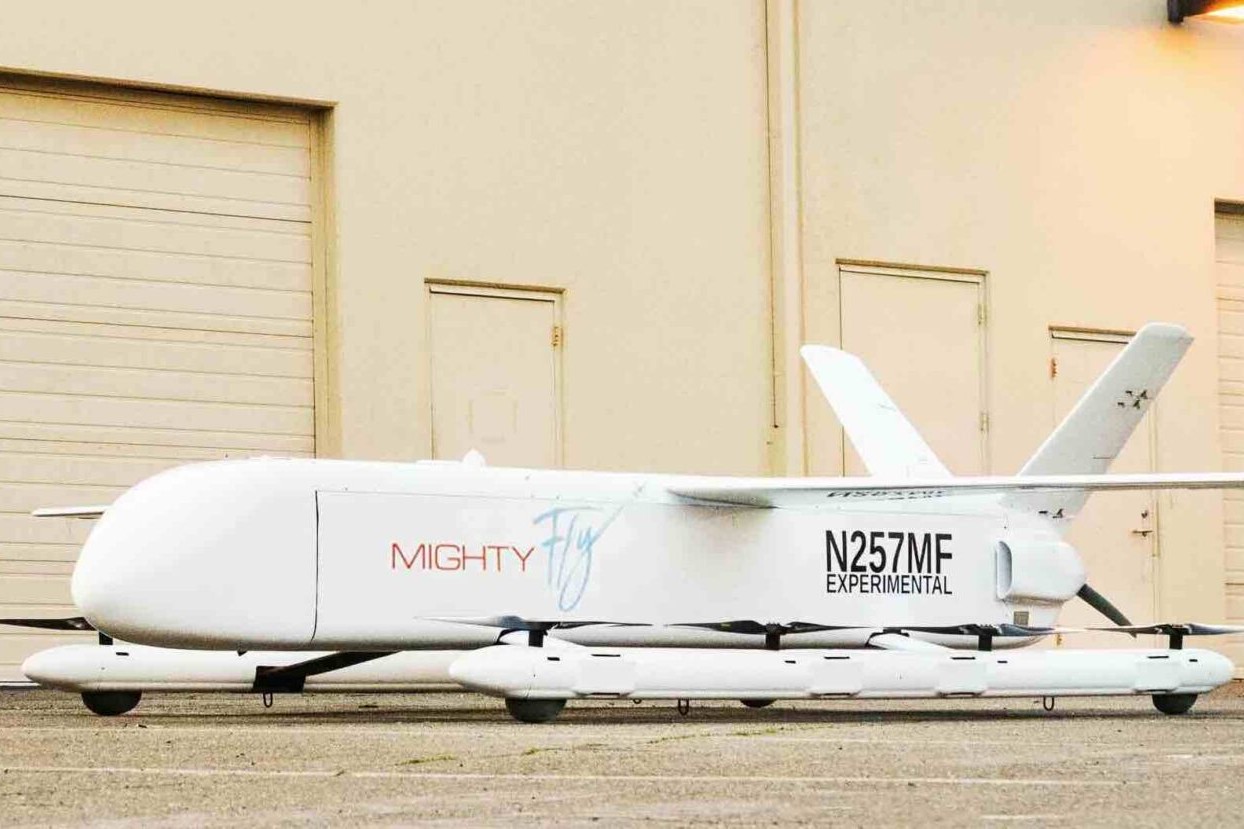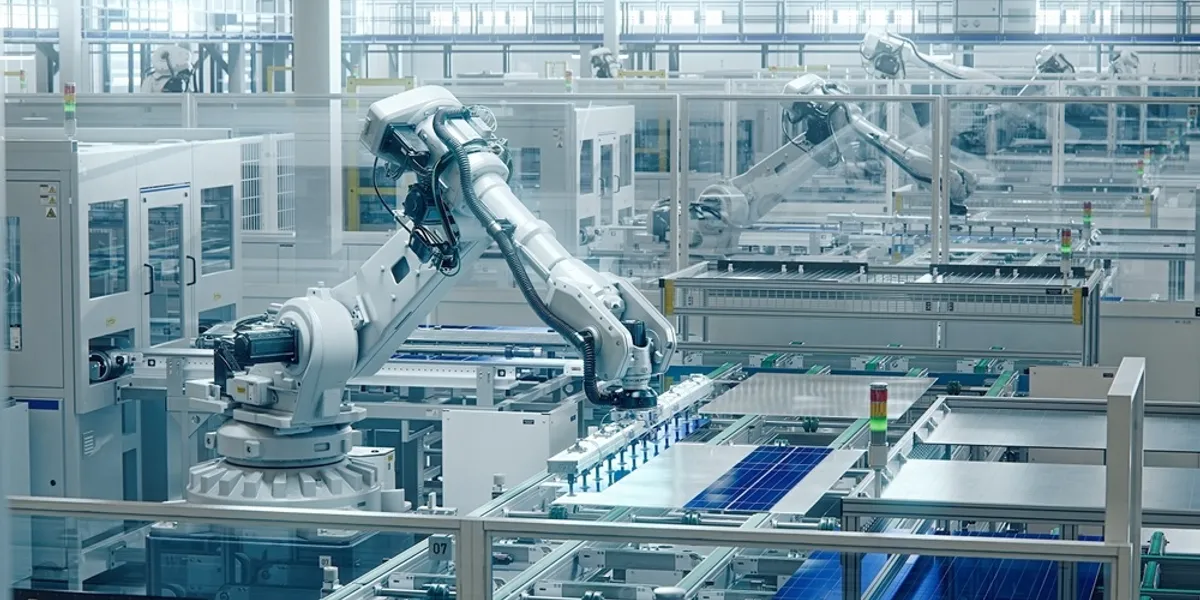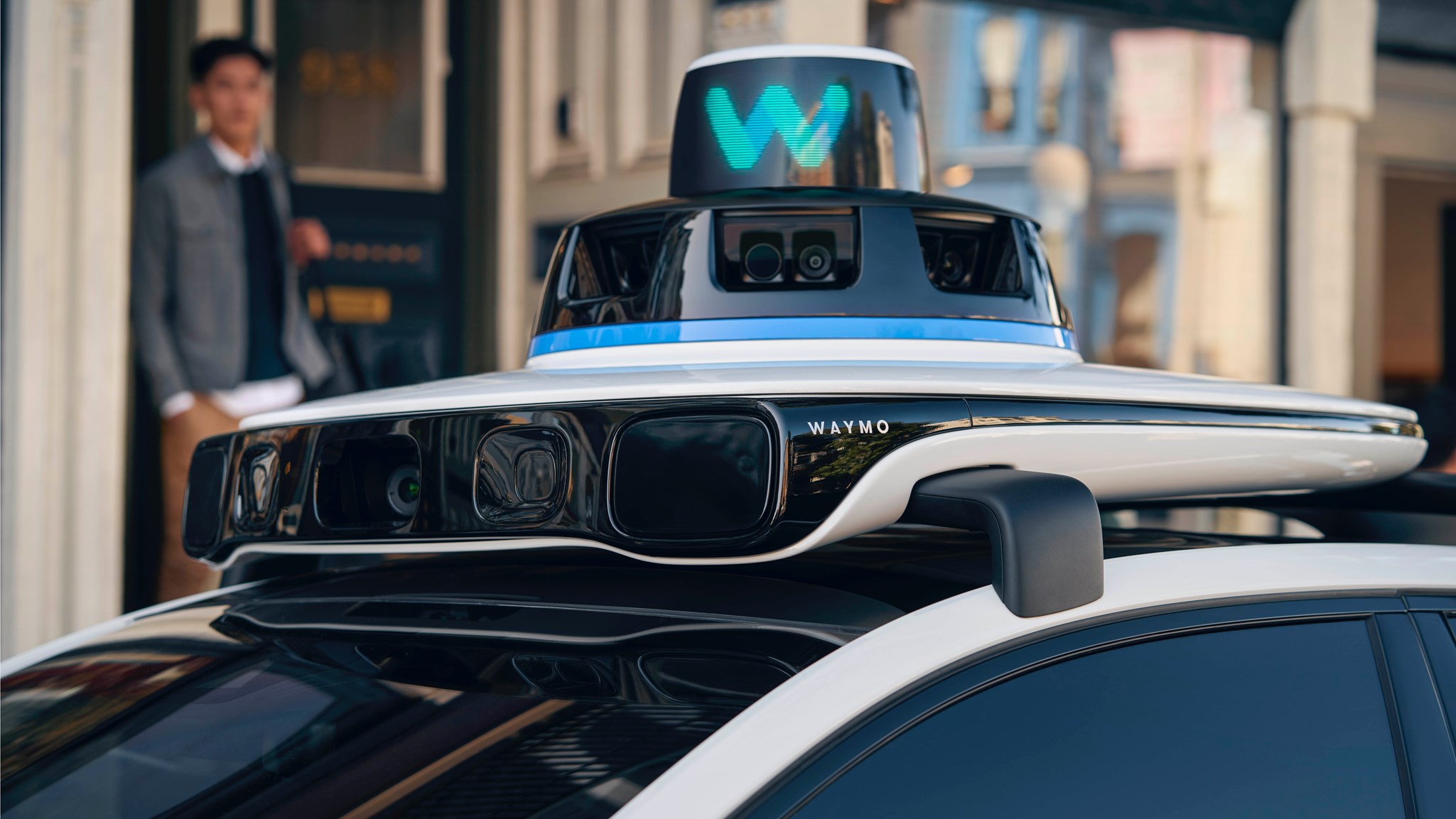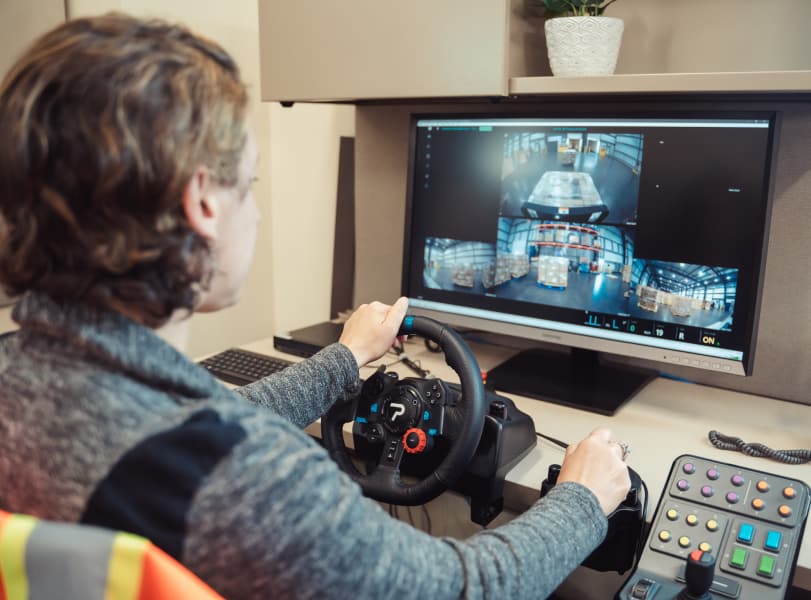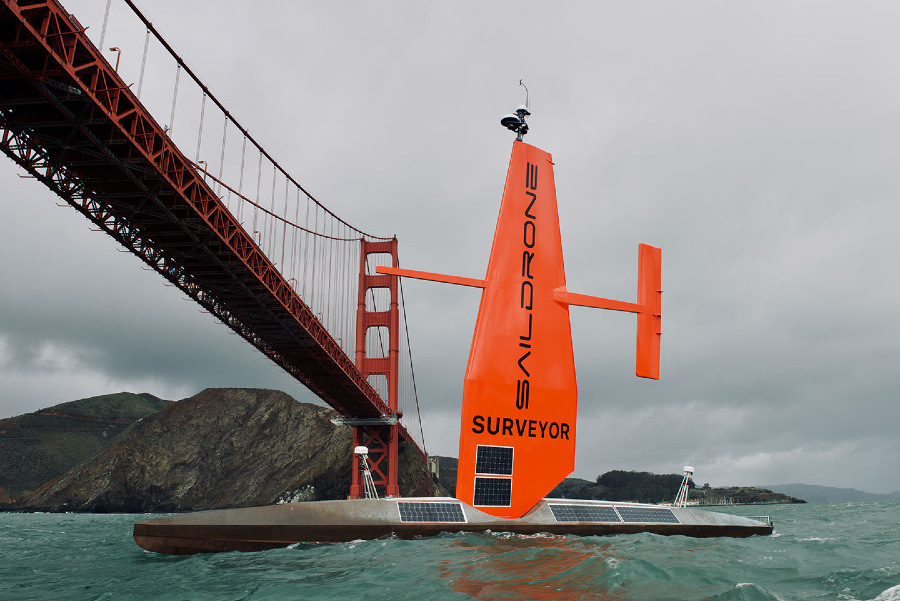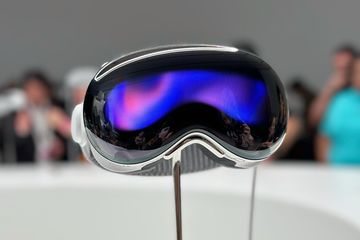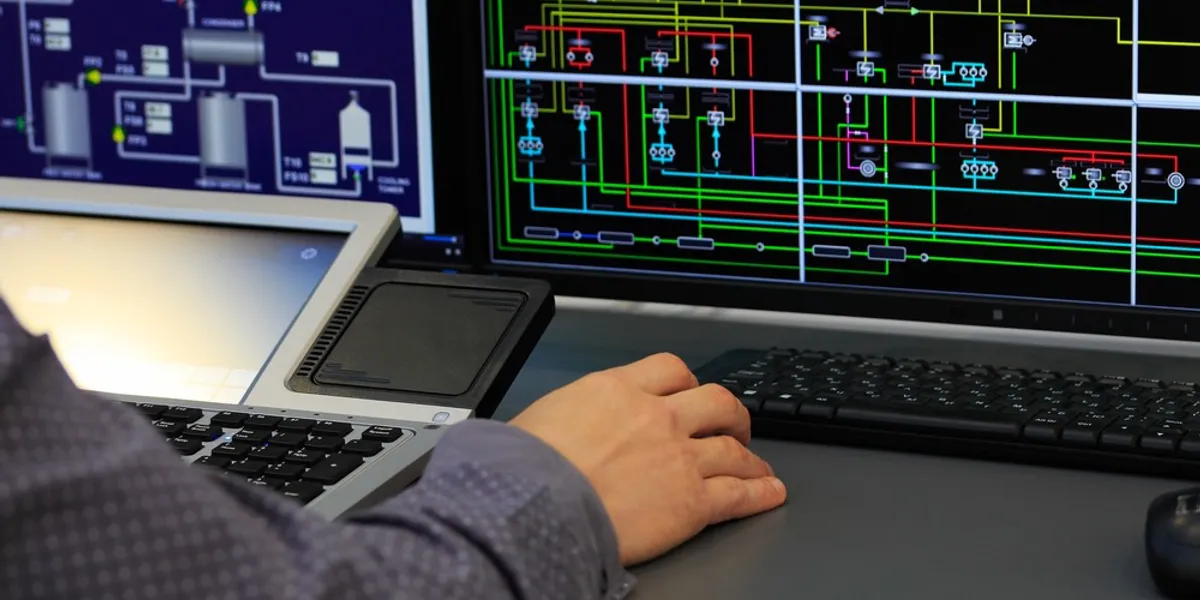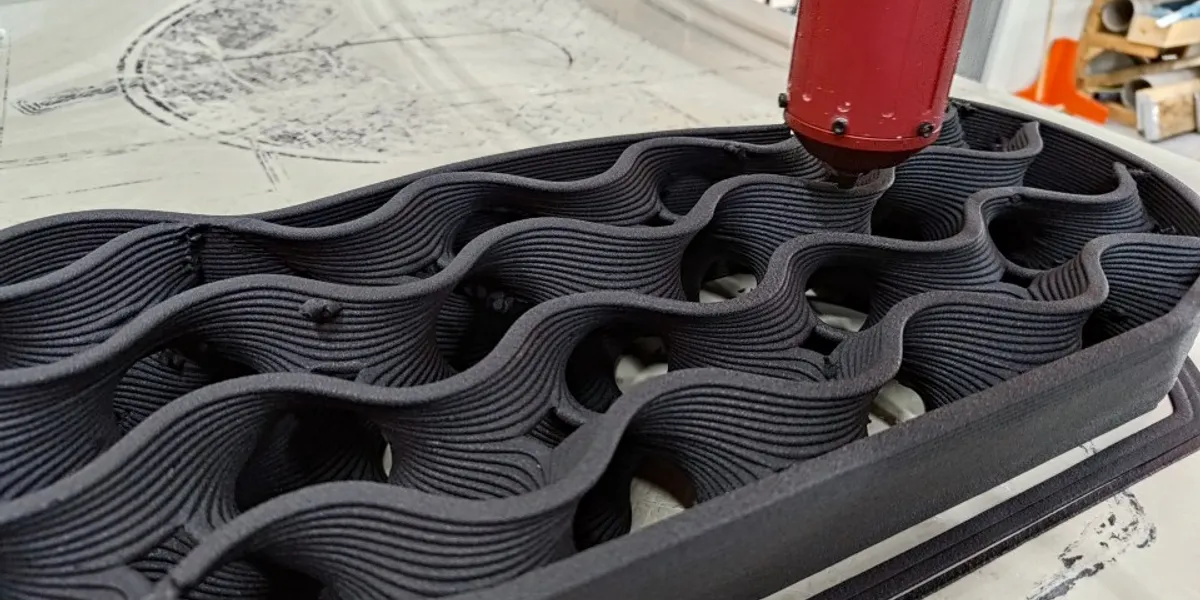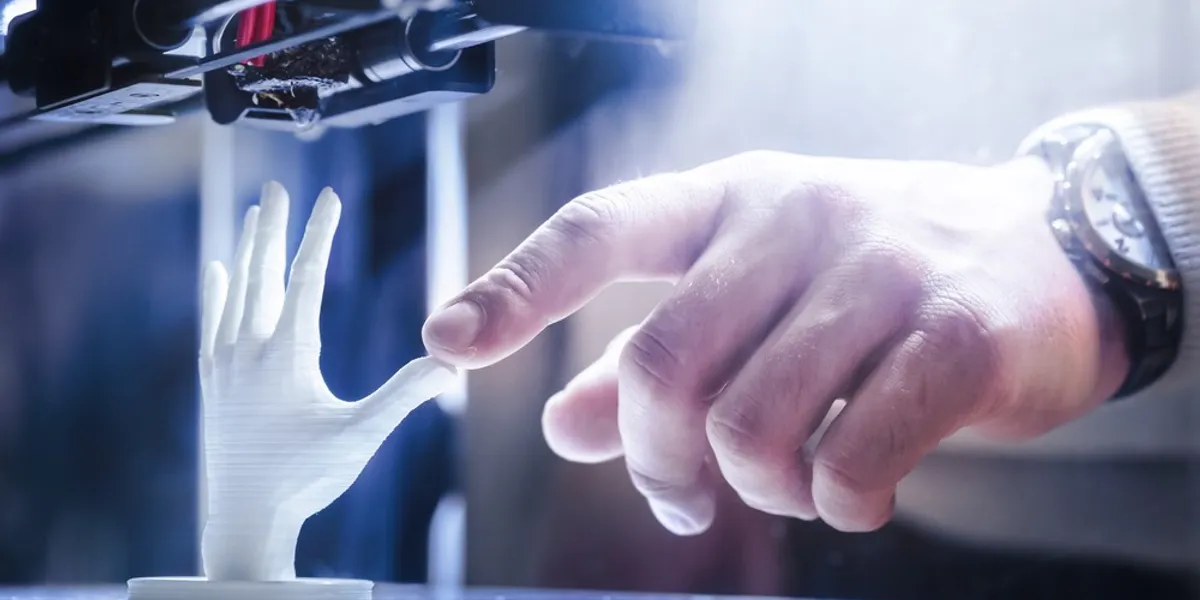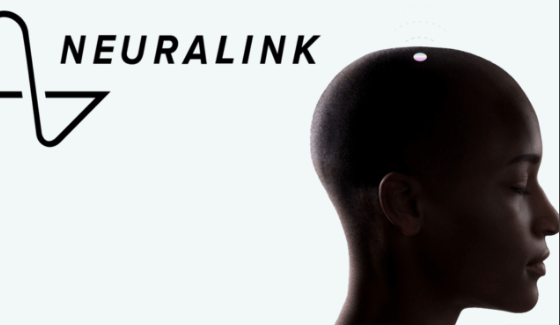Neuralink, the neurotechnology company founded by Elon Musk in 2016, has achieved a significant milestone by successfully implanting its cutting-edge brain-computer interface (BCI) chip into a human brain. The pioneering implantation was performed on a 57-year-old woman who had been paralyzed due to a stroke.
The Neuralink chip, a small device boasting thousands of microelectrodes designed to detect and record neural activity, has been in development to revolutionize the way humans interact with technology. This innovative BCI chip enables users to control computers, smartphones, and other devices seamlessly through neural signals, ushering in a new era of mind-controlled technology.
Neuralink’s recent achievement follows the company’s clearance from the US Food and Drug Administration (FDA) to conduct human trials, marking a significant leap forward in the regulatory landscape for brain-computer interfaces. The approval paves the way for further exploration of the chip’s capabilities in real-world scenarios.
Prior Testing
Prior to human trials, Neuralink conducted rigorous testing on animals, including monkeys, pigs, and mice, demonstrating both the safety and functionality of the BCI chip. In one notable experiment, monkeys equipped with the Neuralink chip showcased remarkable abilities, such as manipulating a robotic arm to perform various tasks, emphasizing the device’s potential for enhancing motor control.
Moreover, Neuralink’s chip has shown promise in addressing communication challenges for individuals with speech disorders. By translating brain activity into speech, the technology aims to offer a transformative communication solution, potentially unlocking new possibilities for those facing speech-related limitations.

Tweet from Elon Musk
Neuralink Implants: Insights into Neurological Benefits
Neuralink implants present a range of technical advantages for individuals dealing with neurological conditions. These implants could assist patients who have encountered vision, hearing, or motor skills impairment, offering a tangible path to regaining lost functionalities.
The core functionality of Neuralink implants lies in their capacity to enable direct communication through neural signals, eliminating the need for conventional speech or written input. This technology empowers users to interact with electronic devices, encompassing computers, smartphones, and robotics, via the translation of cognitive commands.
In addition to addressing physical impairments, Neuralink implants exhibit potential enhancements in cognitive functions. Preliminary results suggest improvements in memory, concentration, and learning abilities, pointing towards a comprehensive neuro technological solution.
Challenges in the Deployment of Neuralink Technology
While Neuralink stands as a testament to substantial promise, a confluence of challenges and inherent risks necessitates meticulous consideration, particularly in the domains of security and privacy. The data reservoir accrued by Neuralink is of an exceedingly sensitive nature, warranting a stringent commitment to fortifying its security infrastructure.
Conversely, the economic dimensions introduce an additional layer of complexity. The elevated cost and restricted availability of Neuralink position it as a technology ostensibly accessible only to the affluent, accentuating socio-economic stratification. This economic barrier accentuates the need for a critical examination of the inclusive accessibility of this transformative technology.
The Future
The future trajectory of this Elon Musk’s most ambitious venture remains embedded in its developmental phase, yet there is potential to reshape the human experience. This technology harbors the capacity to usher in a new era characterized by the integration of human cognition with humanoid robotic entities.
